There has been an ongoing dispute this semester between College administration and the Union of Grinnell Student Dining Workers (UGSDW) over the expansion of the union to cover nearly all students employed on campus. Recently, UGSDW has launched a postering and social media campaign to draw attention to the dispute over student dining worker’s status as “employees.” The campaign highlights Grinnell Assistant Vice President of Human Resources Mary Greiner’s use of the term “student workers” rather than “employees.” UGSDW claims that the term implies that students employed by the college should not be afforded the same rights as non-student workers, such as the right to organize.
“As an employee of a private corporation or business organization, as employees of Grinnell College are, we are given certain rights granted by the federal government, the most important being under the National Labor Relations Act, which gives us the ability to form a union if the employees wish,” said Alec Doss ’19, president of UGSDW. “And, that applies to all employees. And while there’s a whole bunch of labor law under the decision, such as NLRA, that goes into who exactly can form unions, what Mary Greiner is saying about students who work in the mailroom or the library, by saying they are not employees, that’s denying them the rights that are accorded to them under federal law.”
The SGA cabinet has even become involved in collecting information on the College’s position, according to UGSDW, and as such intends to contact the College’s legal counsel.
“I know that Student Government is going to be having a call with the College’s lawyer on this very matter,” said Quinn Erlocani ’20, UGSDW vice president and SGA senator.
Although The S&B was unable to obtain an interview with Greiner, President Raynard Kington released a Campus Memo addressing the issue on Wednesday, April 18.
“While we recognize the income that students earn may play an important part in financing their education, students working at the College are not here primarily to earn a living,” Kington wrote in the memo. “The College values the work performed by students; however, our view of these jobs is based upon the central and fundamentally educational relationship between students and Grinnell College. Therefore, it is the College’s position that work-study participants should not be considered employees for purposes of the National Labor Relations Act, and we oppose the intrusion of collective bargaining into the educational relationship.”
Kington also argued with regards to union expansion that the various student positions do not share a “Community of Interest”, and that a single union could therefore not be expanded to include all of them. And, “If dozens of unions were formed to cover each of the groups of student positions that are related, it would be unduly burdensome and expensive to administer such a system,” Kington wrote, “this could have an adverse impact on our students who receive financial aid through the work-study program.”
So what exactly is a work study position? According to Brad Lindberg, assistant vice president of enrollment and director of financial aid, work study is “really to help students to earn money to pay for their educational expenses.” Grinnell does have a different system from many other colleges and universities because students that are not on work-study can obtain many of the same positions as students who are.
“We are able to have positions to accommodate our students on campus, those students who aren’t on need based aid are able to obtain jobs,” Lindberg said. In other words, students participating in work study programs work alongside students who are not.
Perhaps in part for this reason, the UGSDW does not believe it is relevant whether a student employed on campus is part of work-study or not.
“While our employment may be through work-study program, we are still employees,” Doss said.
In response to Kington’s statement, Doss drew upon the example of graduate student instructors at Columbia University, who, in 2016, were ruled to be employees for the purposes of the NLRA by the National Labor Relations Board.
“The fact that this case is from a graduate school does not preclude it from applying at Grinnell,” Doss wrote. “Workers across campus perform and are compensated for work in many departments, which makes them employees.”
Looking forward, the UGSDW has released a formal response indicating that they will continue to advocate for an expansion of the Union.
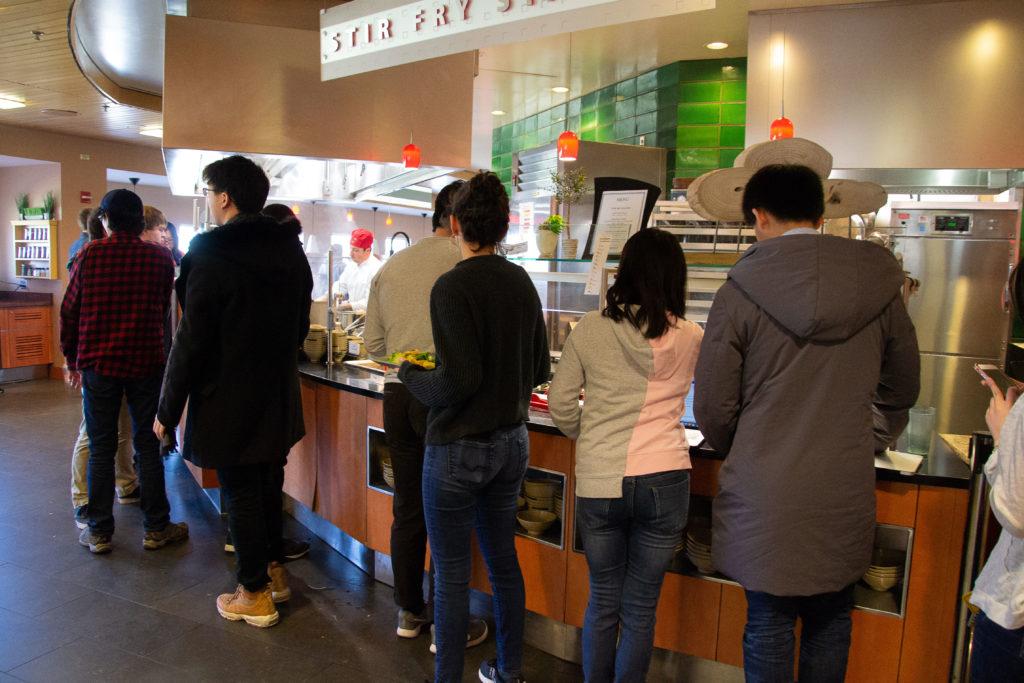

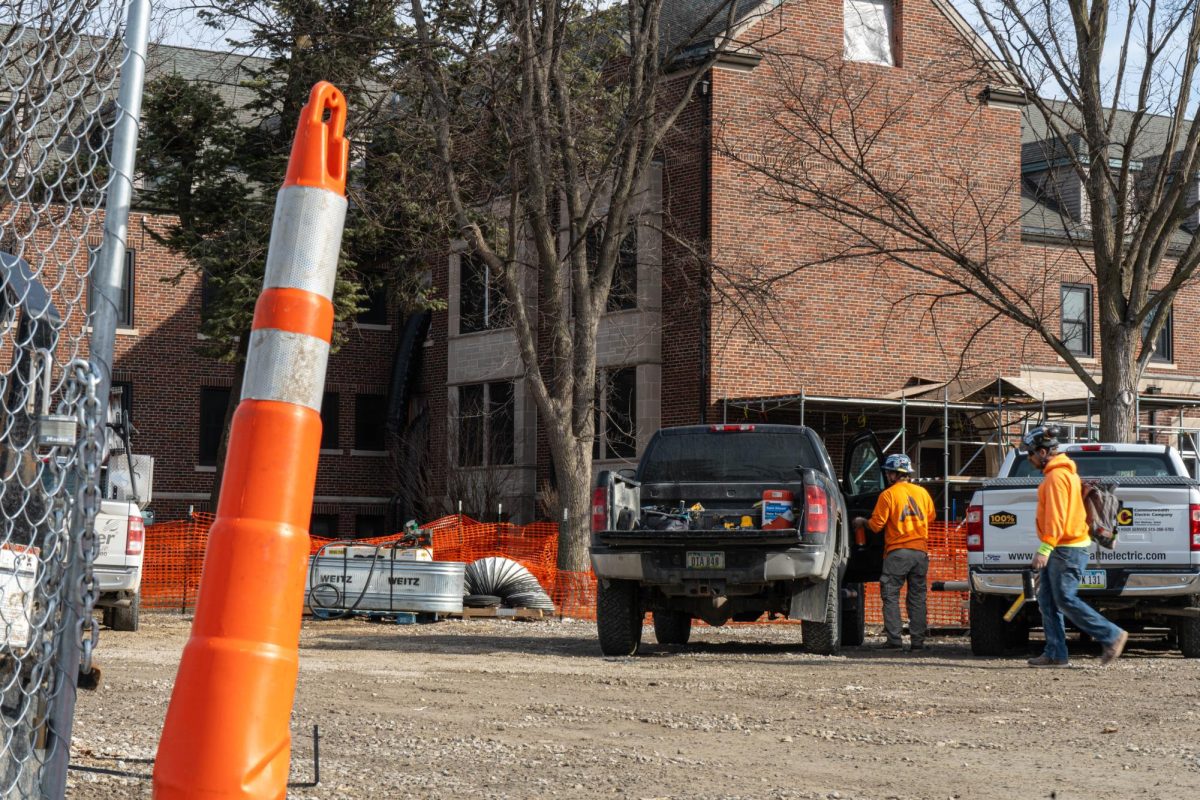
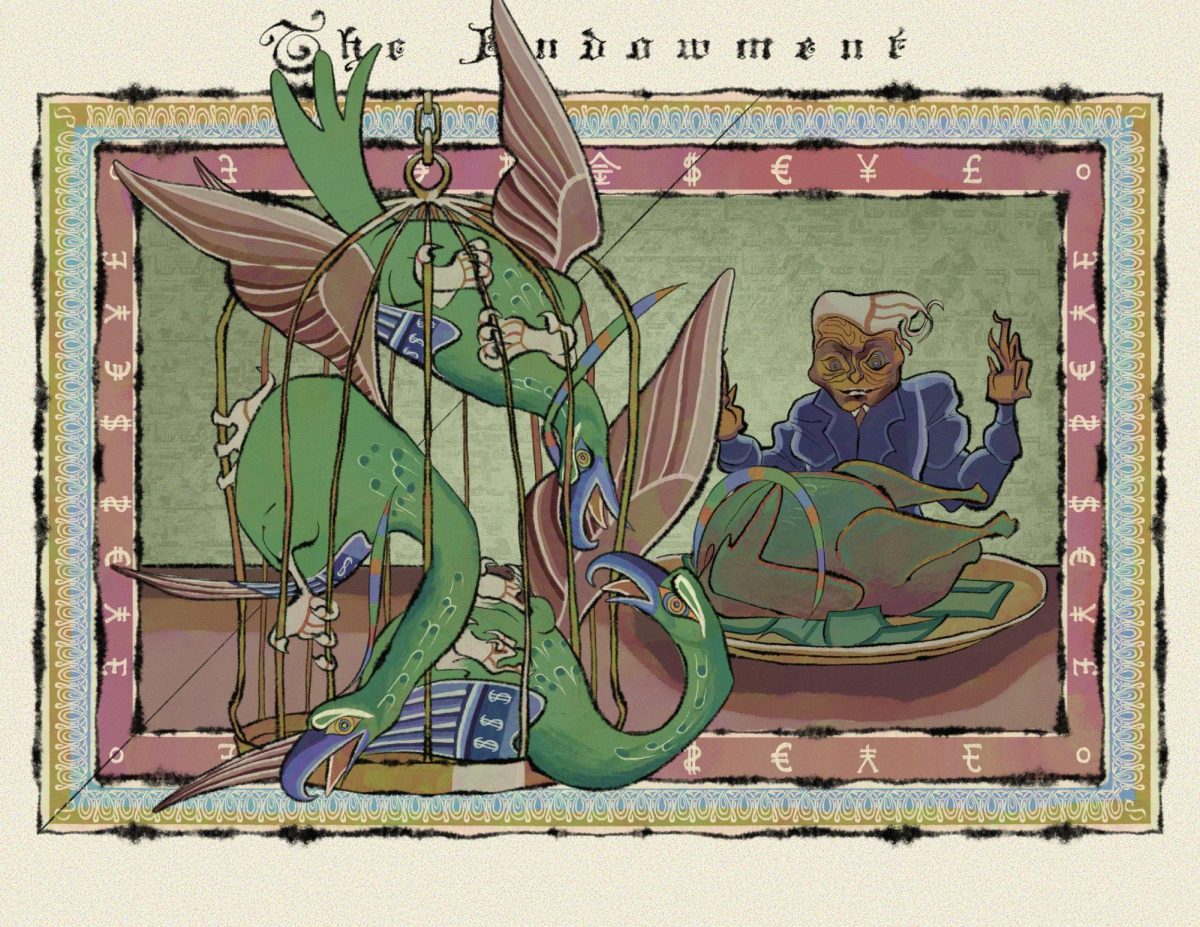
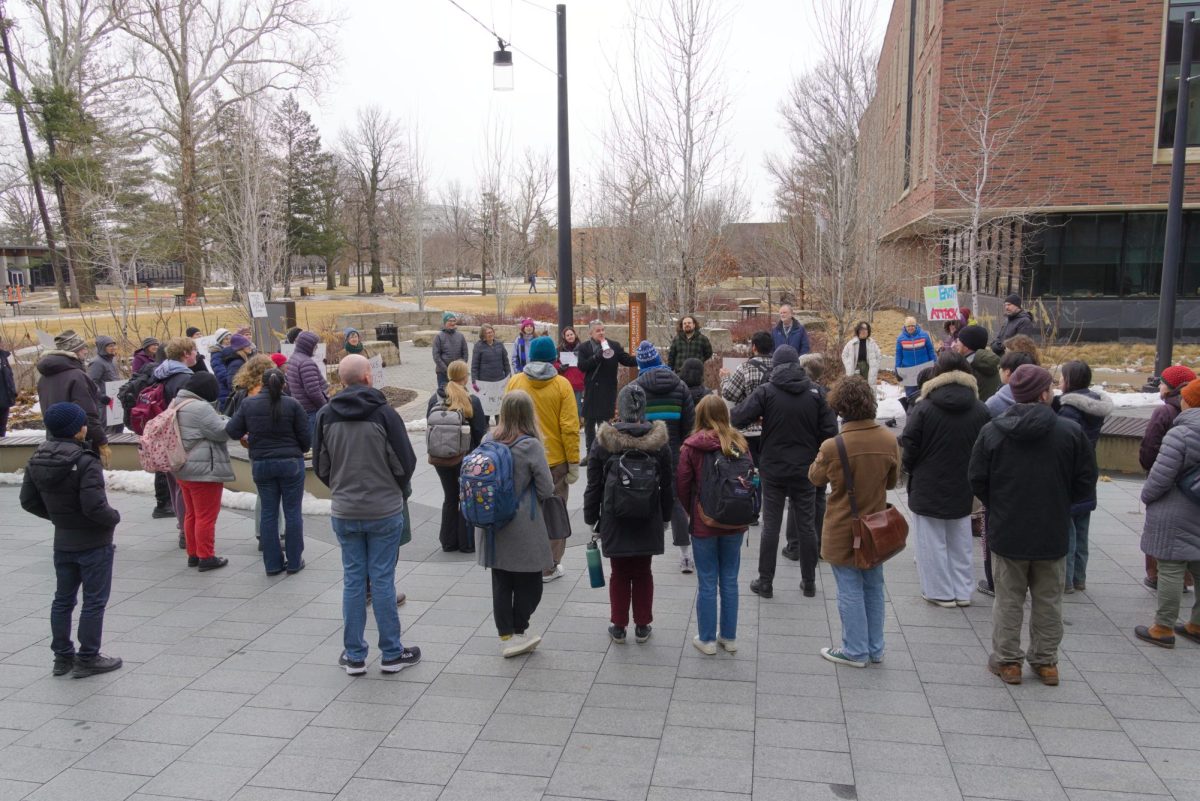


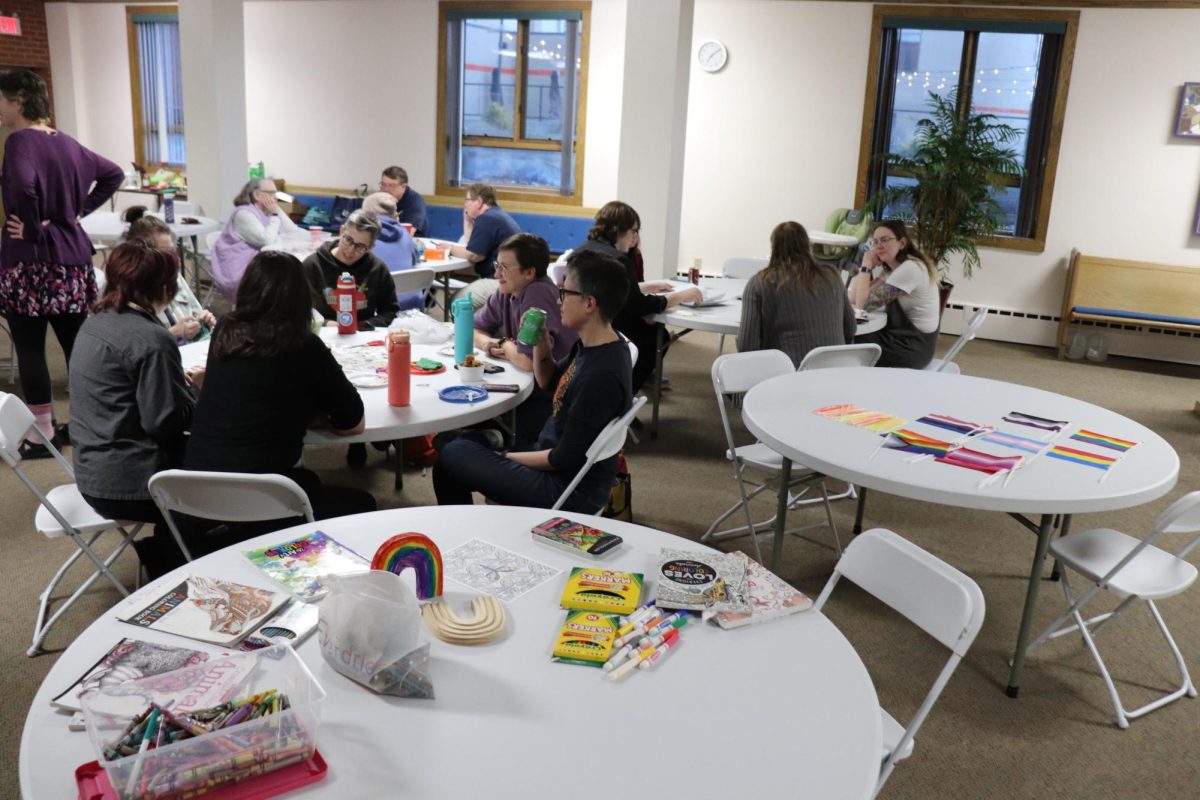
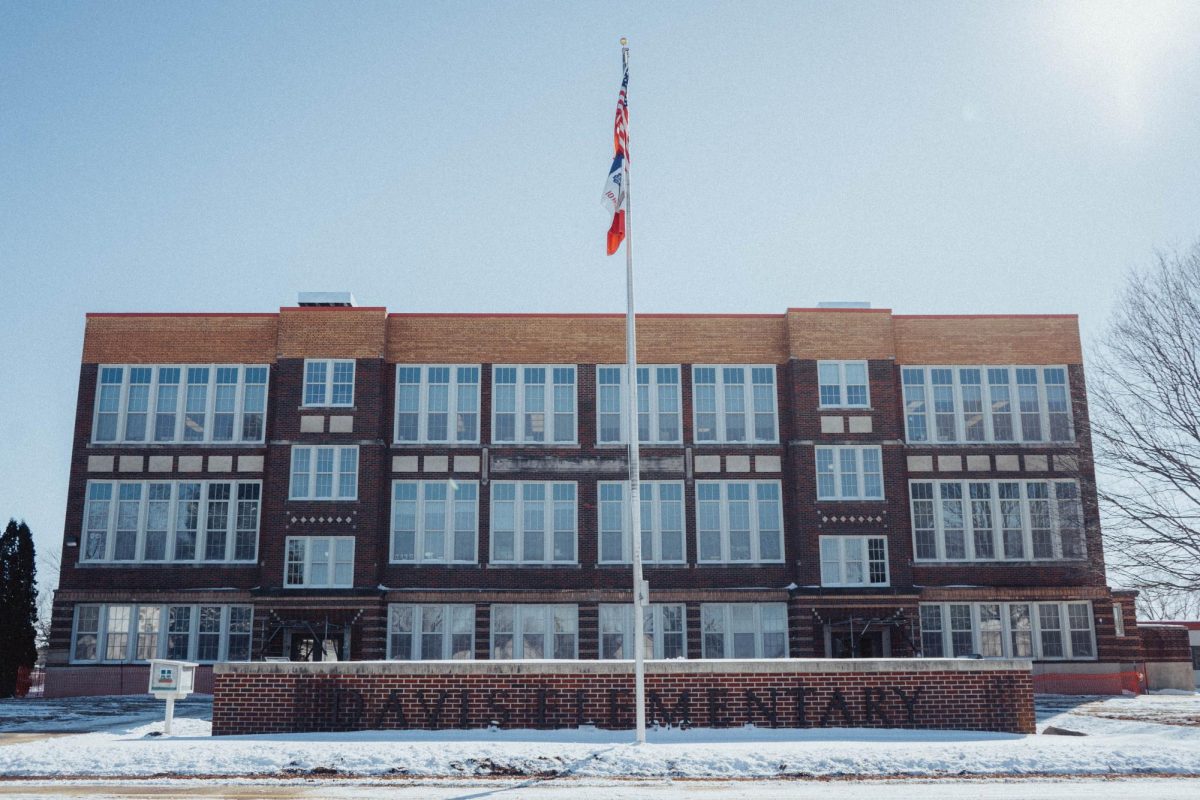
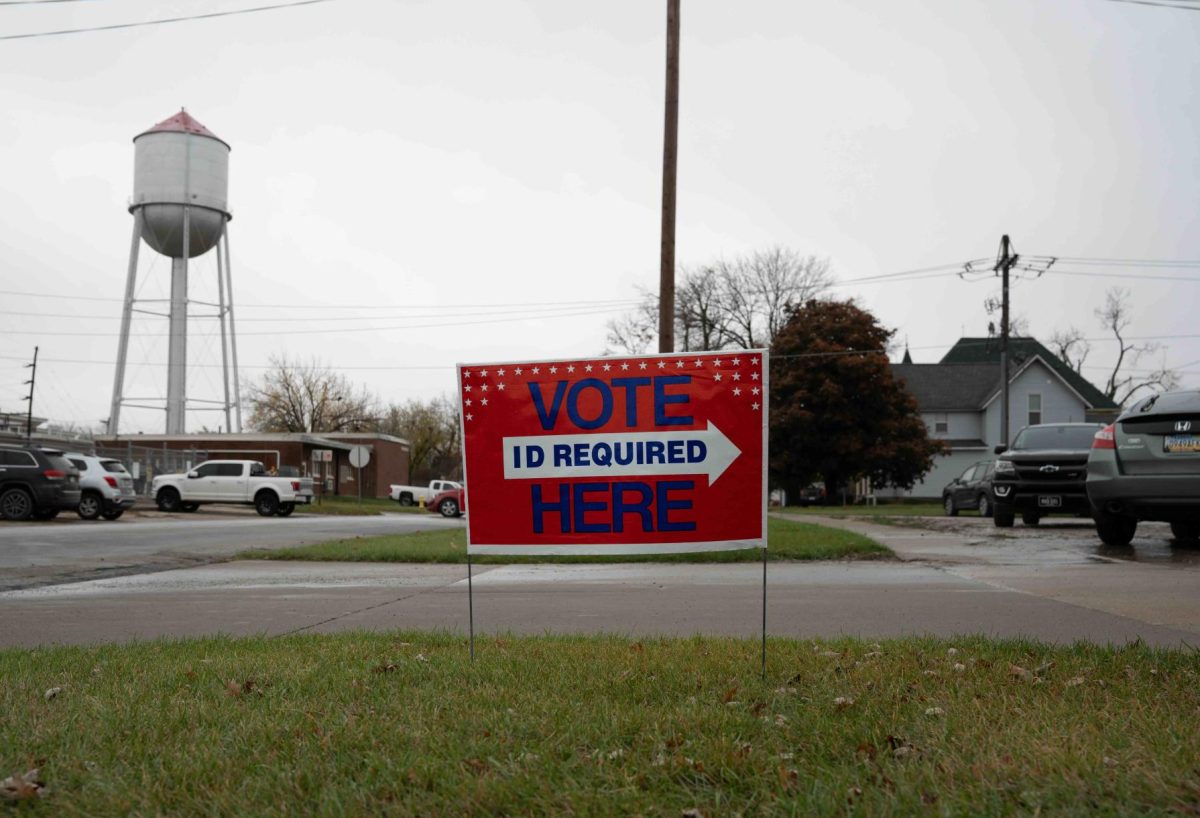

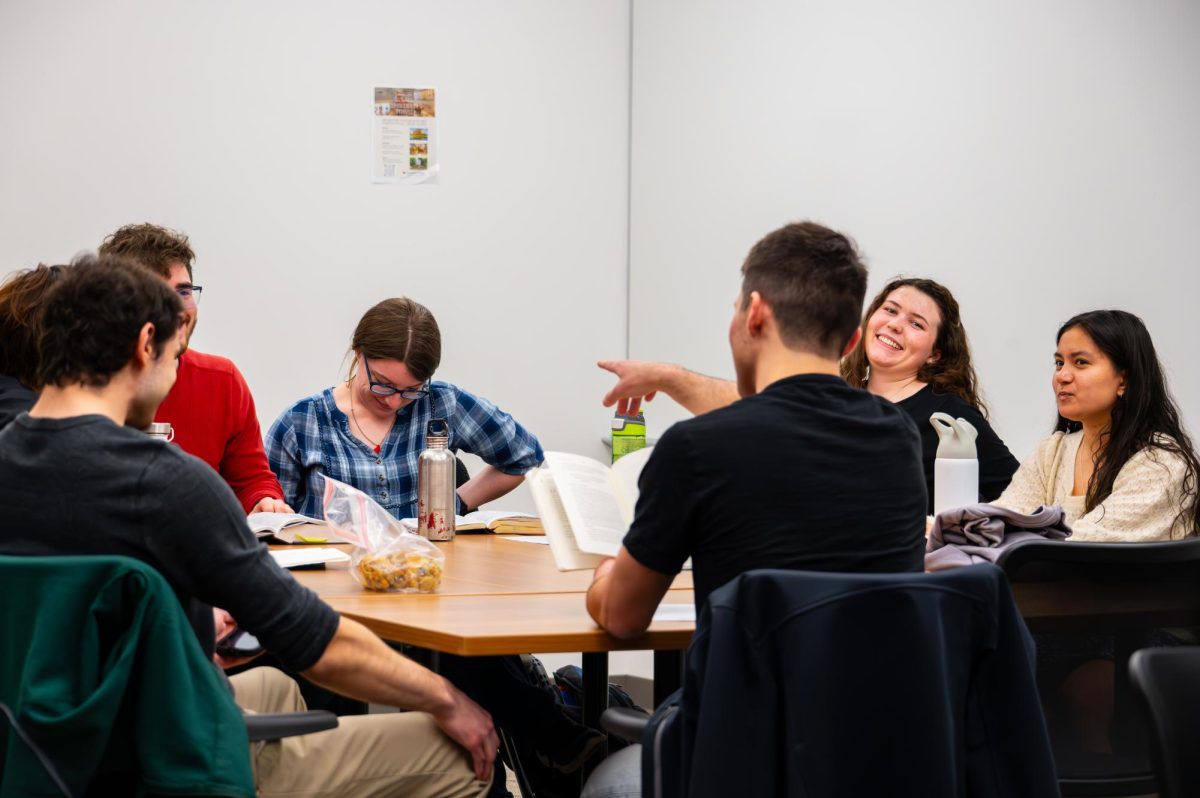

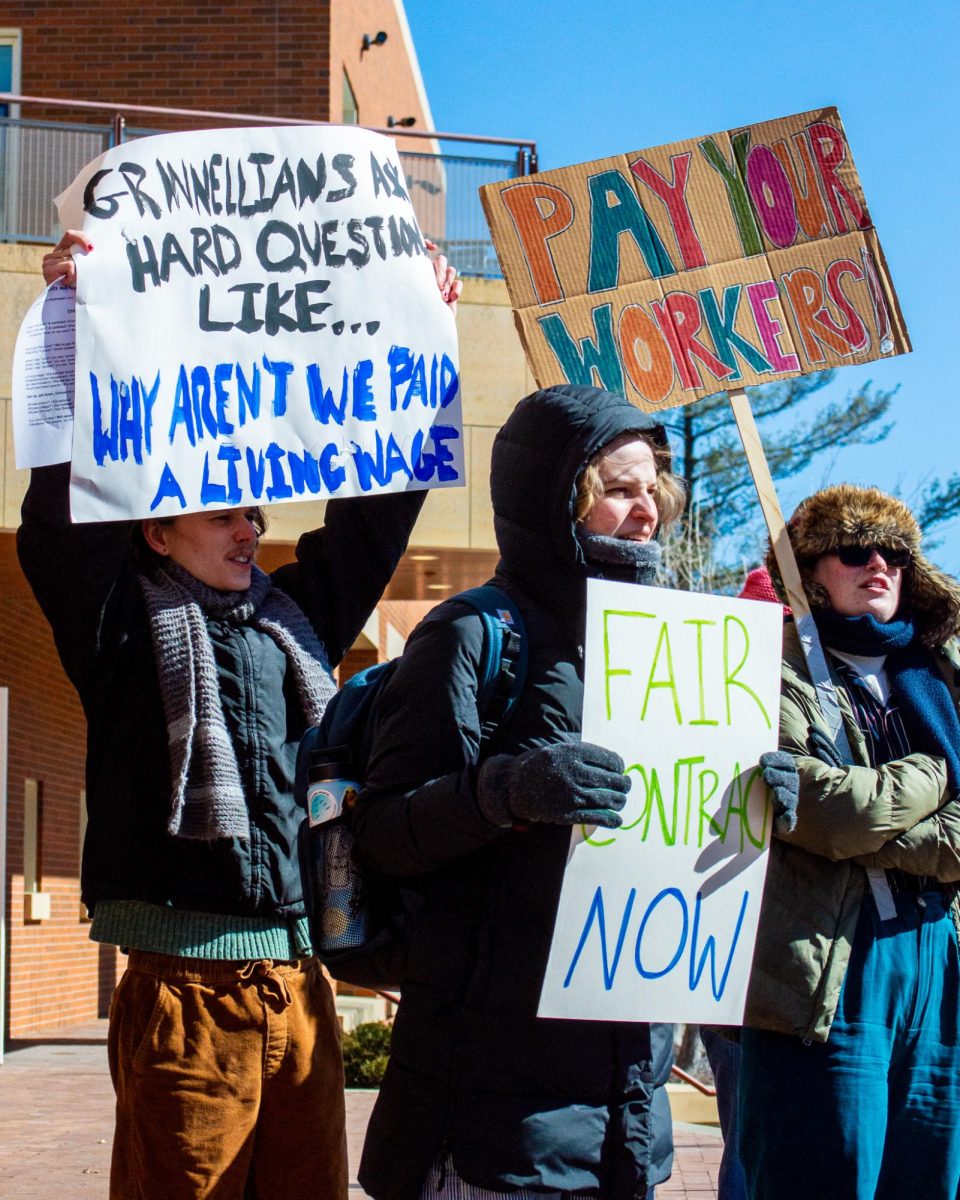
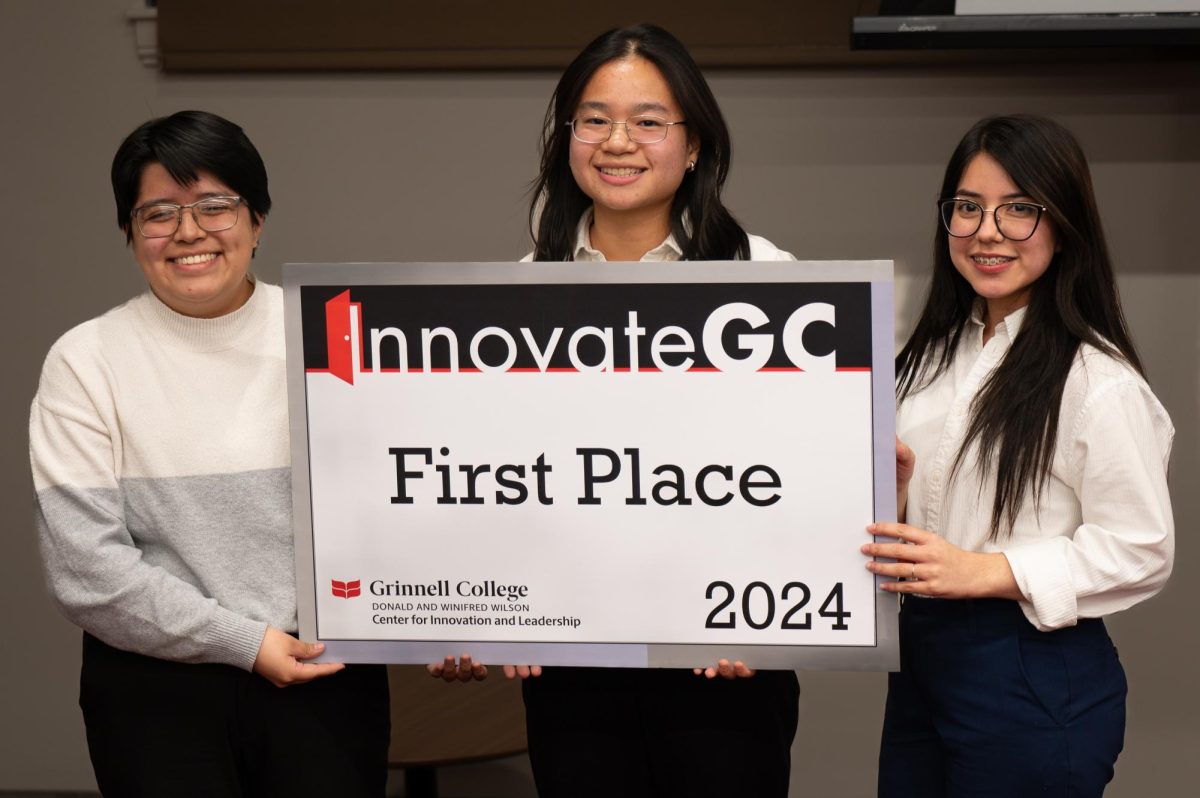

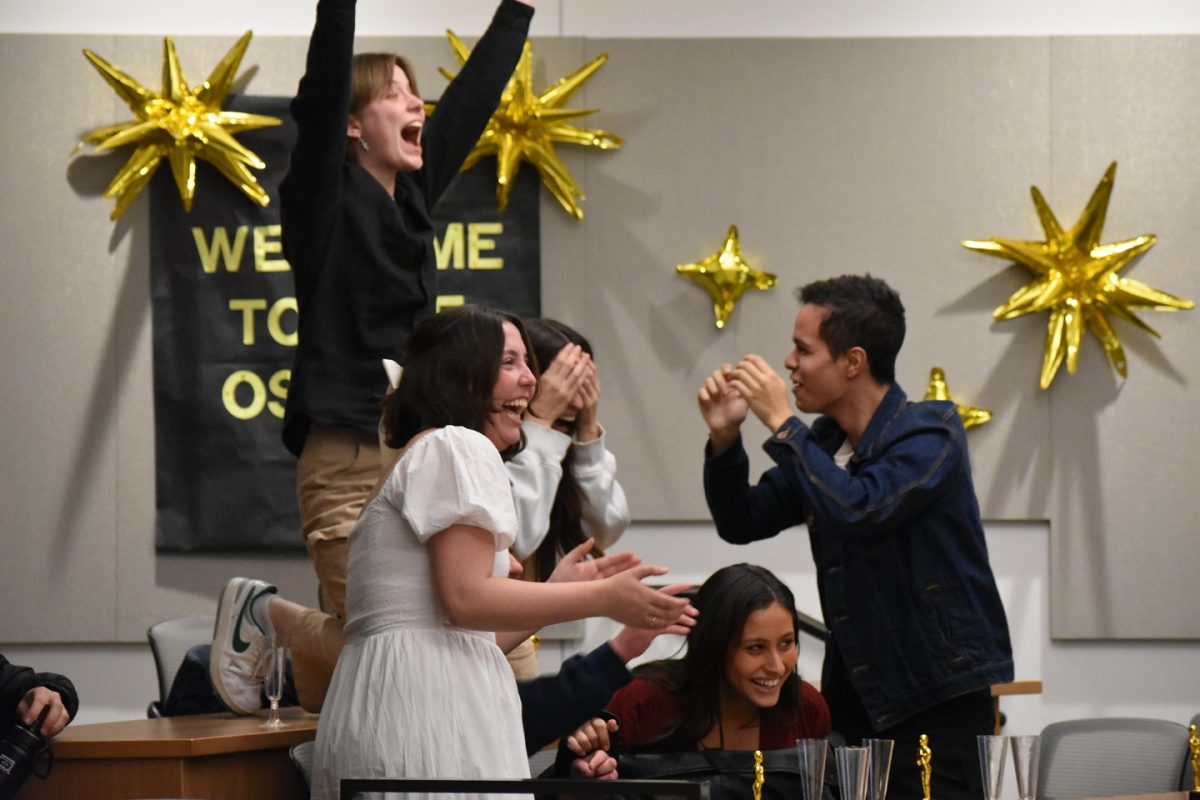
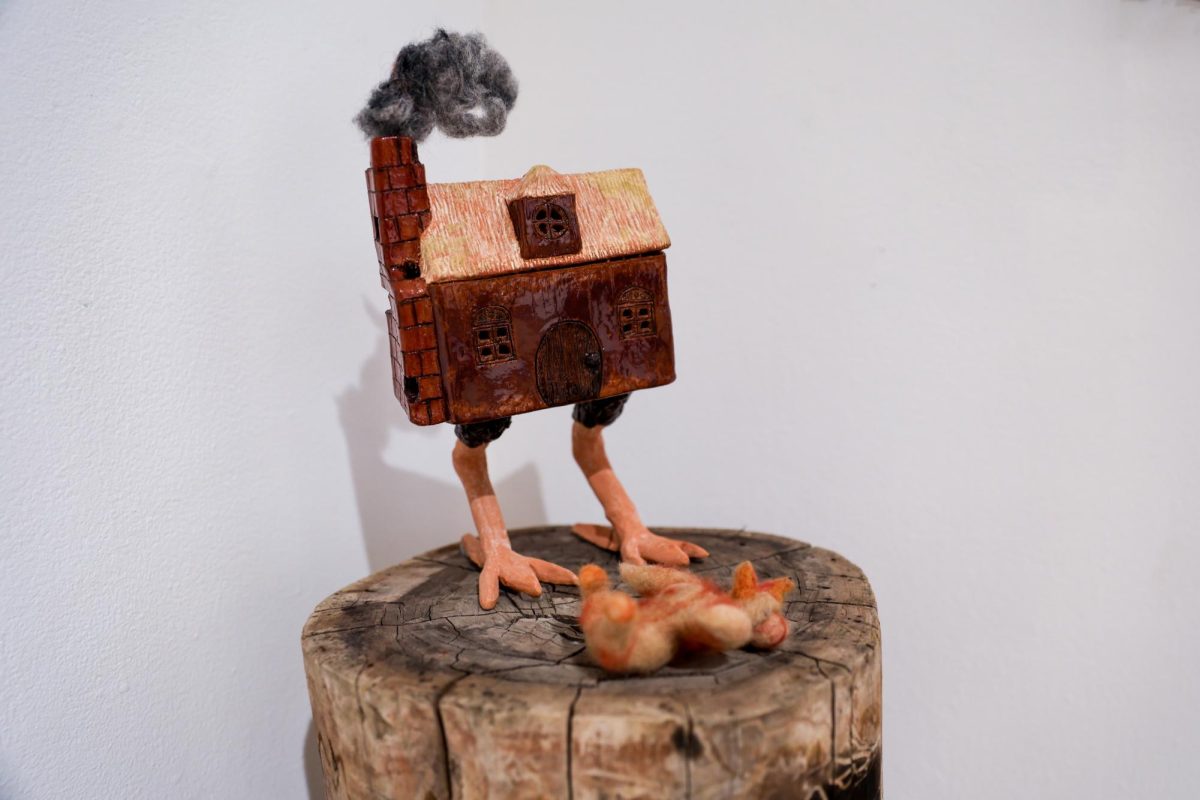
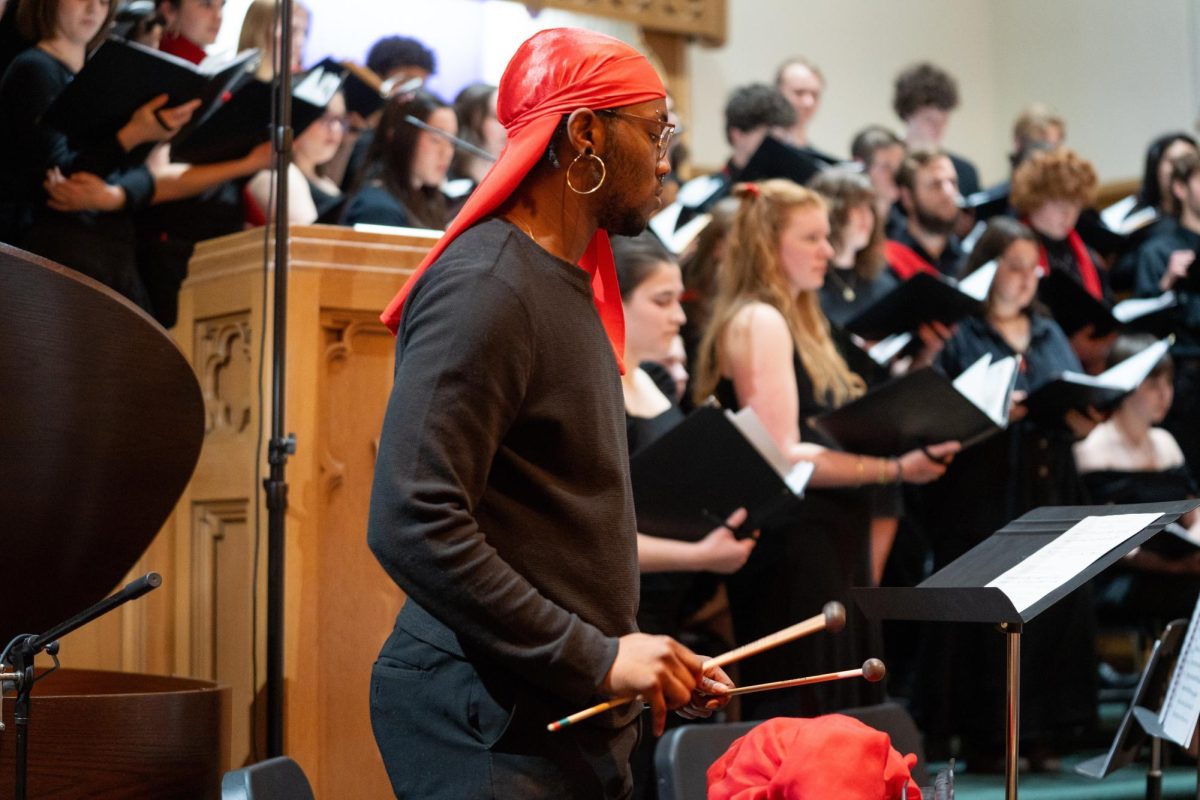
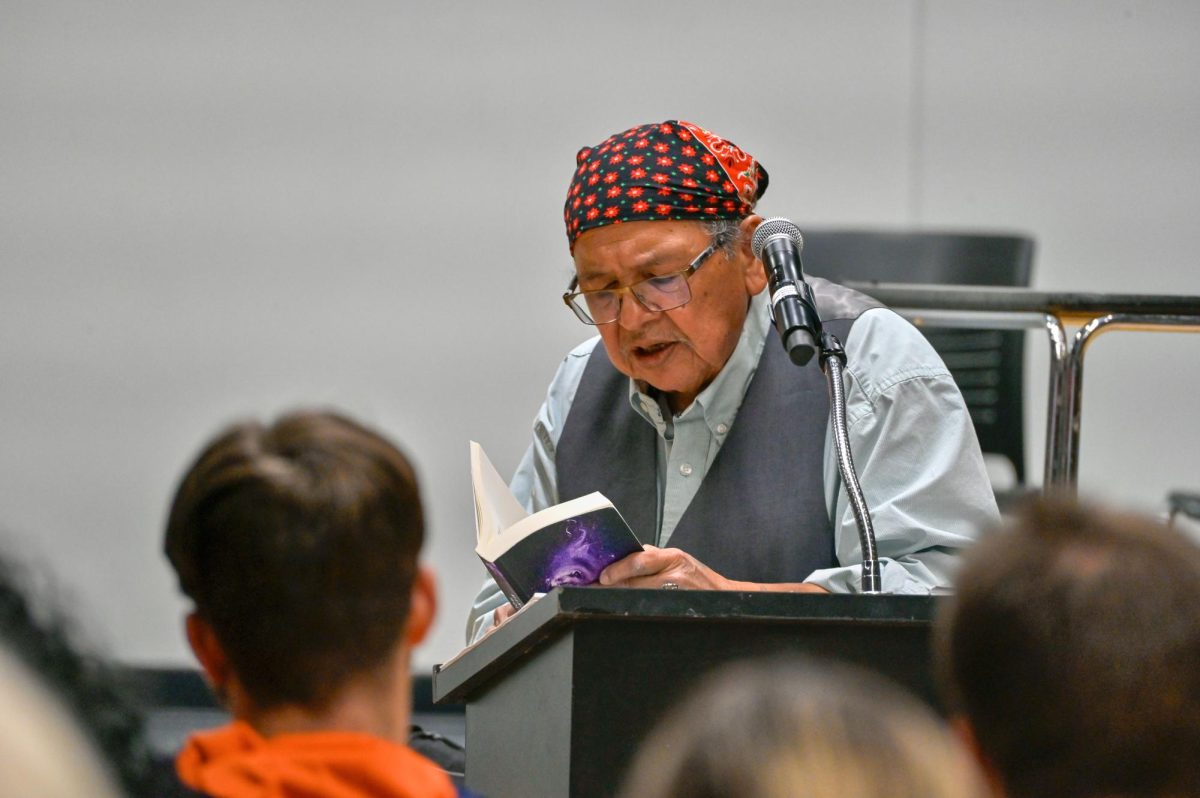
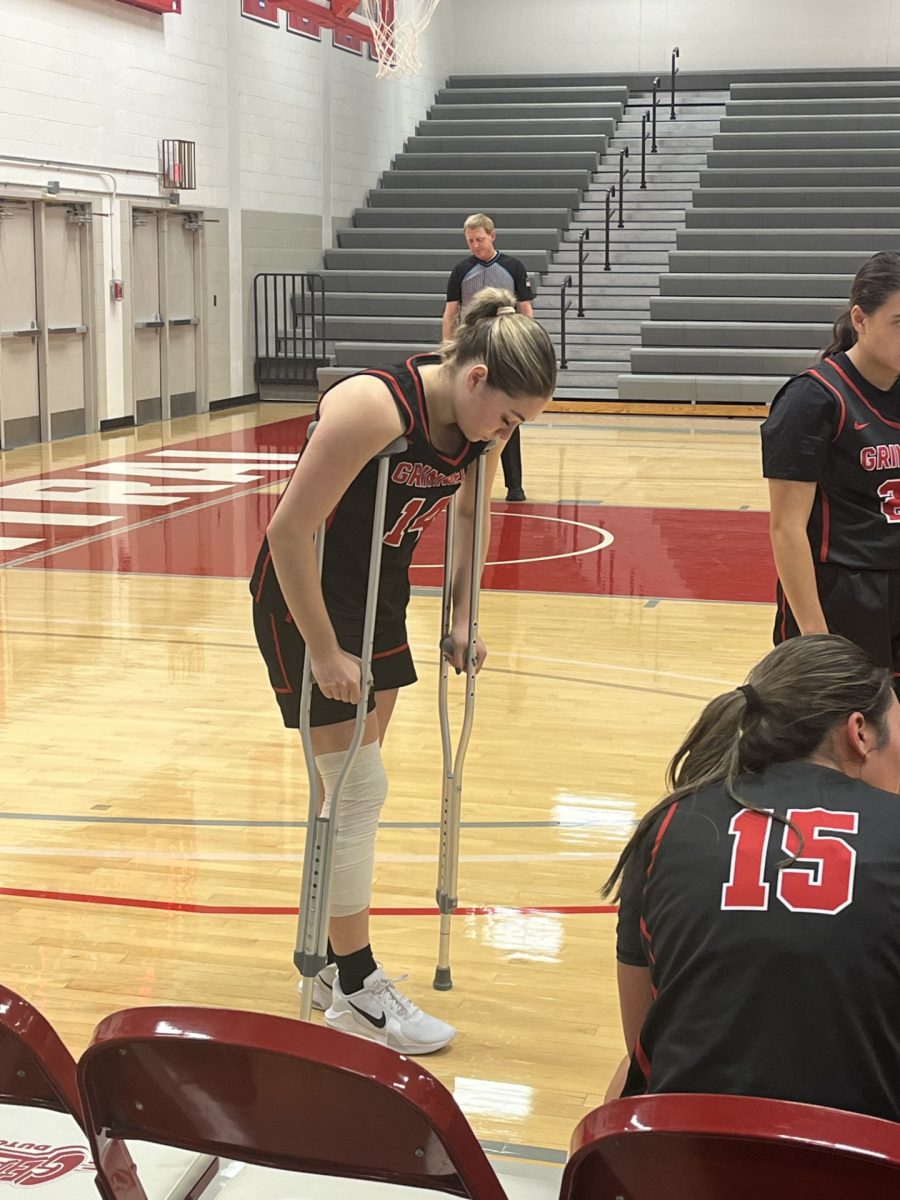
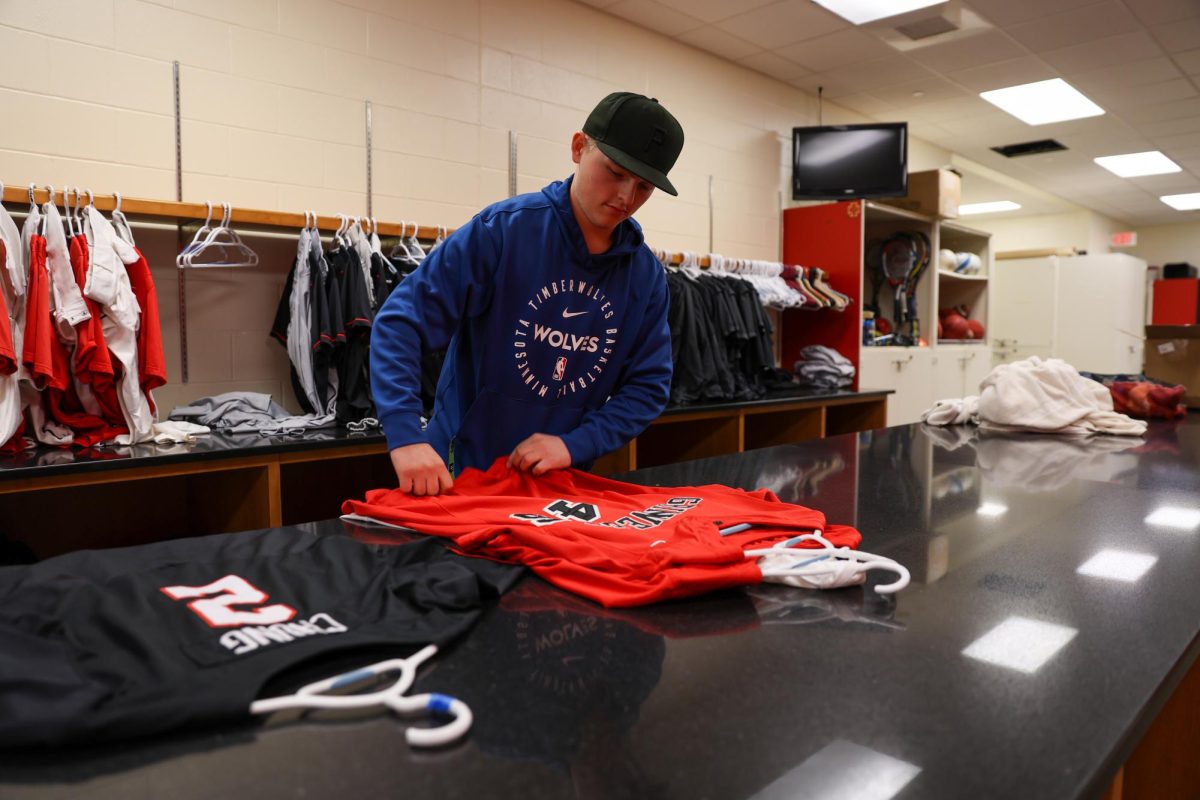
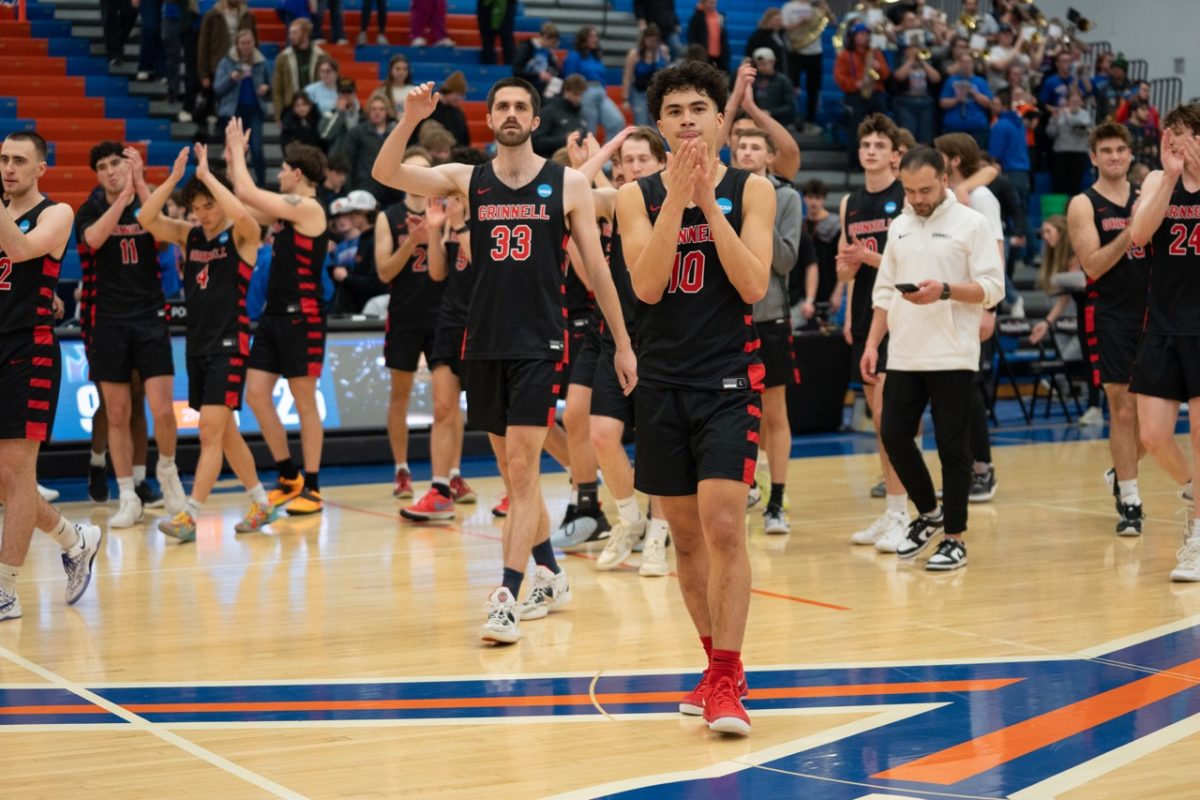




























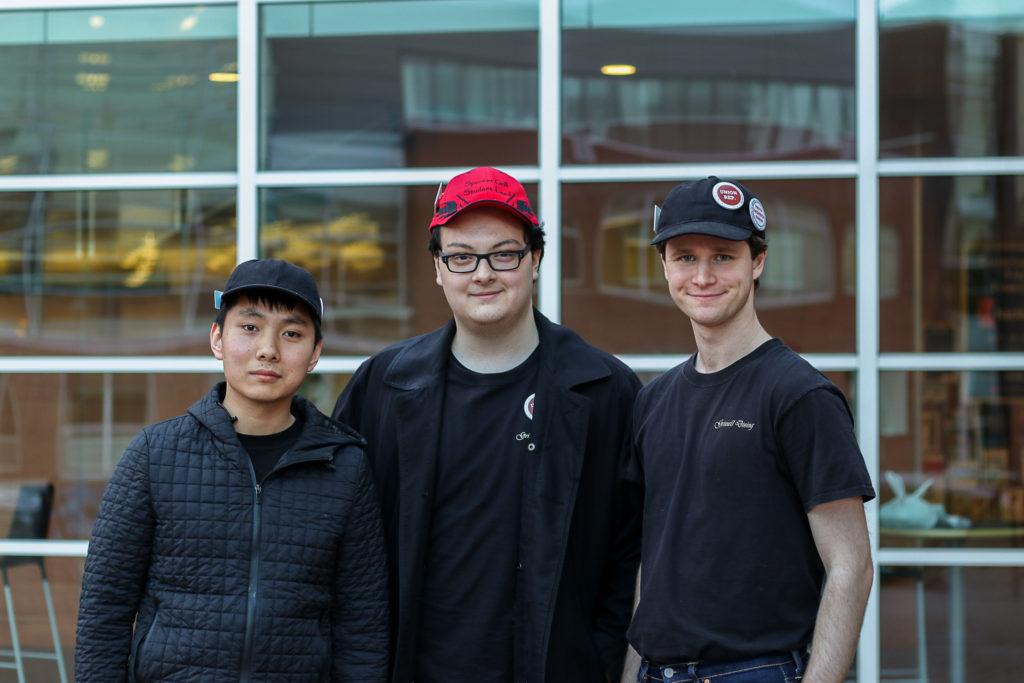






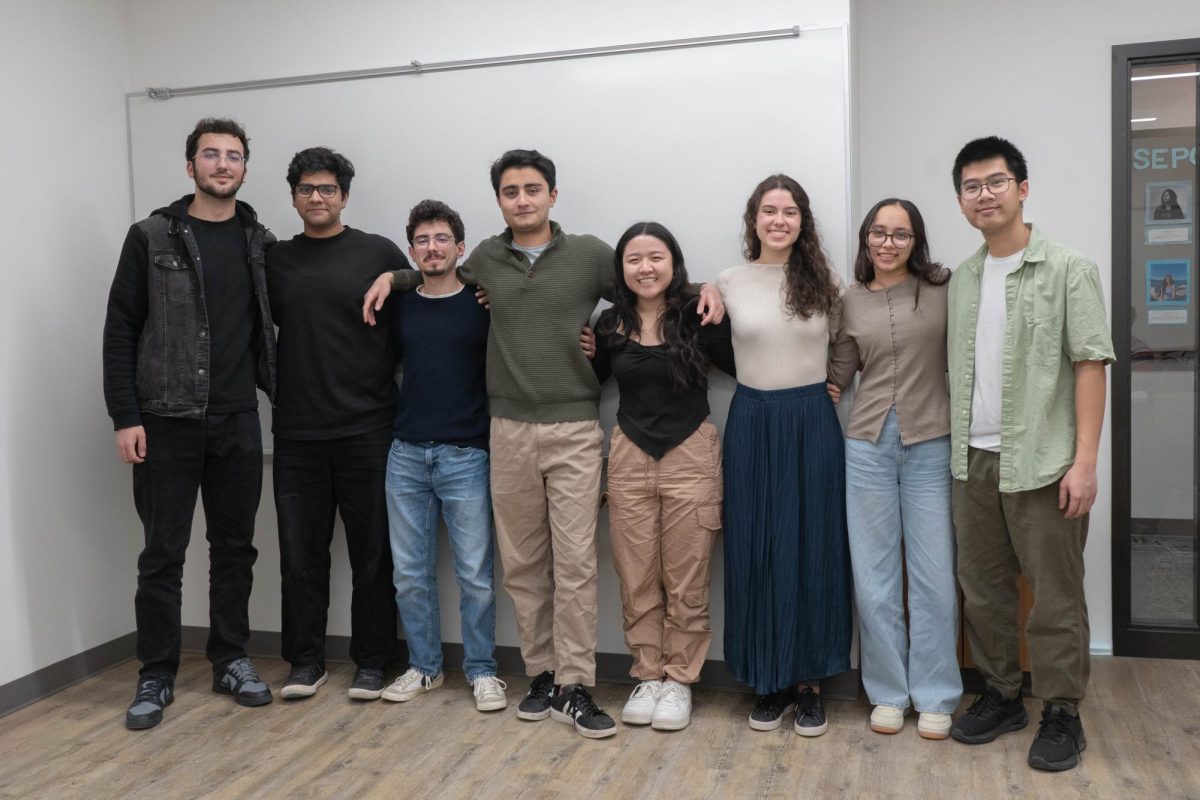
Stan • Apr 25, 2018 at 3:23 pm
Let’s face it: the work-study work force is not the same as the nonstudent work force. Many of the positions are created and filled mostly as a way to provide financial aid in return for work, but are not managed by the same financial standards. In other words, a lot of student positions wouldn’t even exist or would be more rigorous or time-inflexible if they were “real world” jobs. When I was student dining hall worker, I was well aware that I was not working under the same set of expectations as those for my nonstudent co-workers.
Observor • Apr 20, 2018 at 7:56 am
Work-study is not only a term, it is a federally funded program as well. It is in the college’s interest to have work-study, because they get funds to partially support the student wages. Of course, the students benefit, but so does the college — this outside of the fact that the college can pay a lower wage per hour than if it had to get the work done by hiring full-time, 40 hour per week employees. In addition, “work-study” typically shows up in a financial aid package as a single number (i.e. $1,600) which is part of calculating the overall aid package. However, that number is not a guaranteed figure. Quite often, due to limitations in available hours, limitations in student schedule, etc., a student might end the year making less than that $1,600 figure. Keep in mind, as well, that while most students are exempt from federal tax withholding in their wages, it is not a guarantee. So, in order to balance out in an aid package, the award figure needs to be achieved in net-earnings, not gross earnings. You can publish this or not — but share it with the reporter and with the students wanting to organize. It is yet another example of the college being a disingenuous negotiator. The simple fact they were comfortable paying local high school students doing the same work alongside college student employees in the dining hall is indication their social justice position is in word only; not in deed.